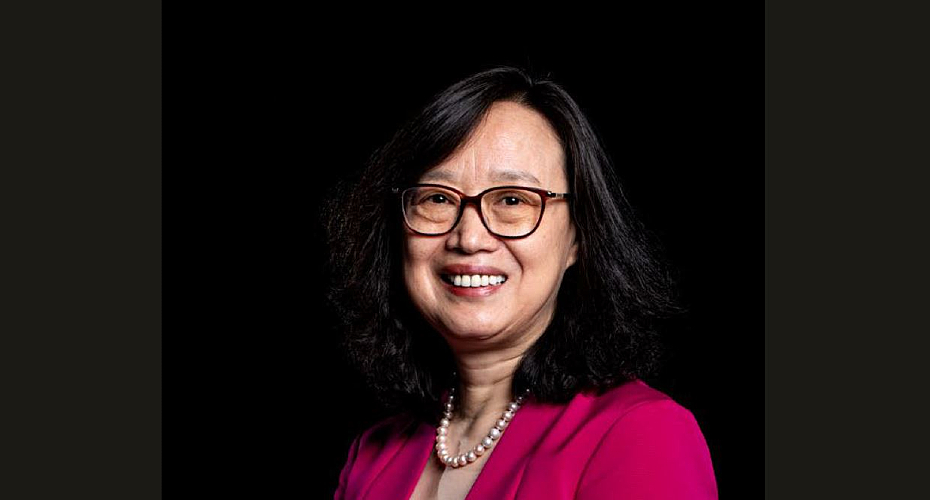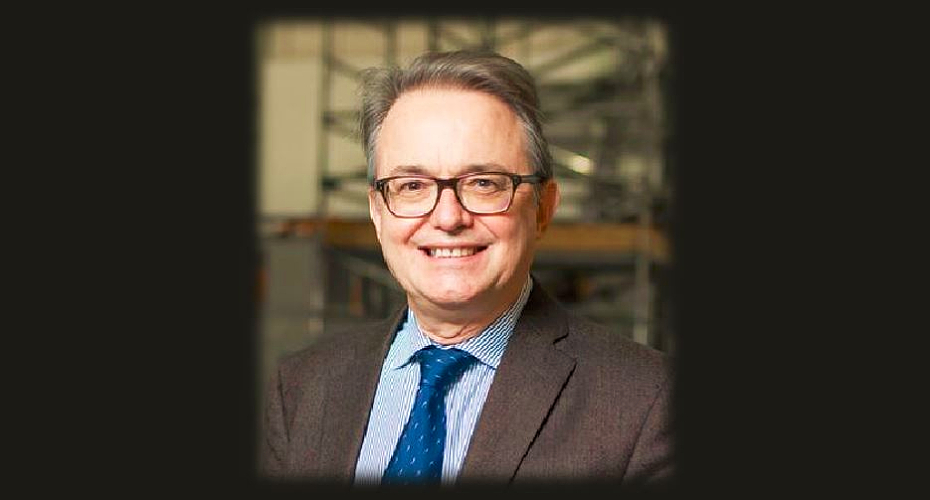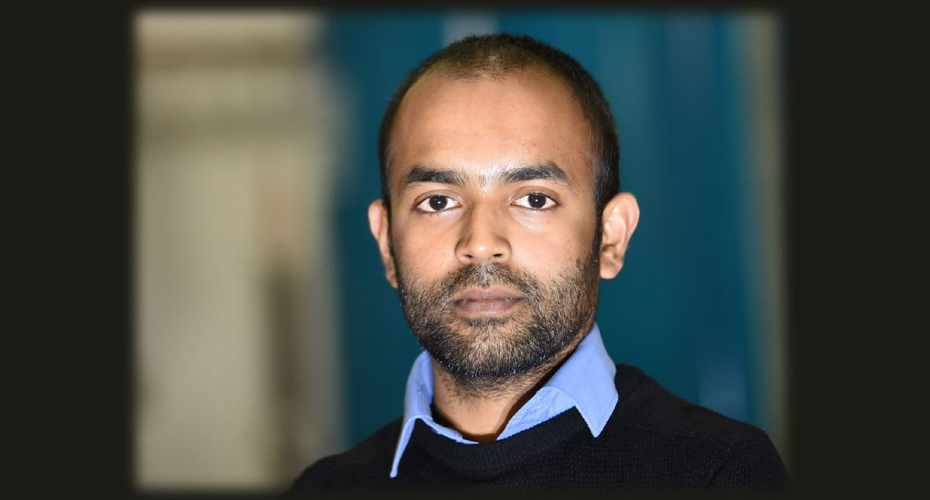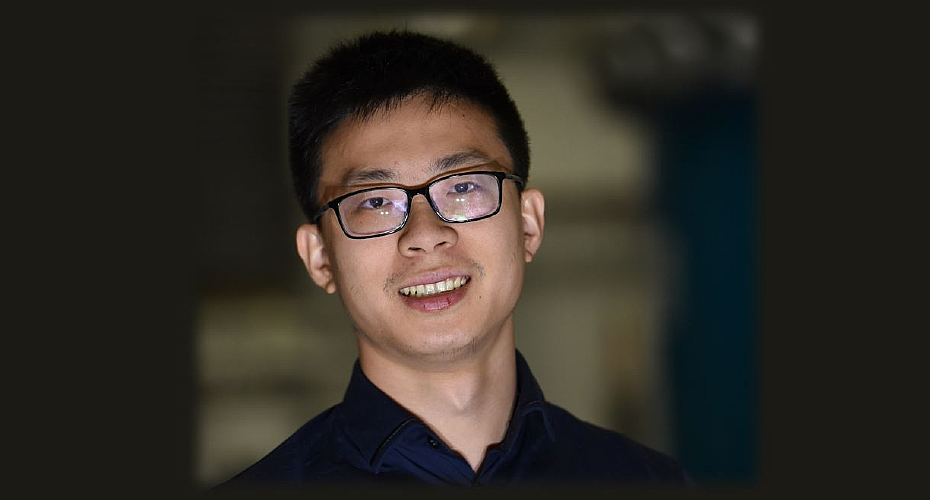Masters applications for 2023 entry are now closed.
Applications for September 2024 will open on Monday 25 September. Applications are now open for programmes with a January 2024 start. View our programmes »
Overview
- A unique programme that focuses on operation, control and maintenance of future Smart Grid with particular emphasis on the challenges associated with Net-Zero and low carbon futures
- Benefit from specialist facilities and equipment available at the Centre for Smart Grid where you will be encouraged to attend lab sessions and to undertake your own project work and research
- Learn from academics who are experts in their fields whose teaching is inspired by the latest research
- Graduates will be ready to take leading roles in achieving Net-Zero targets with cutting-edge technologies and data analytics for Smart Grid
Top 10 in the UK for Engineering
£6.5million investment in our teaching labs, workshop spaces and equipment
Top 5 in the UK for Electronic Engineering
Study the complex systems of energy demand, generation and distribution that will govern the net-zero electrical power networks of the future
Entry requirements
All applicants are considered individually on merit although we usually require a 2:2 honours degree (or equivalent) in a science or engineering discipline.
Exceptional applications may be judged on experience in lieu of academic qualifications e.g. relevant professional experience.
Entry requirements for international students
English language requirements
International students need to show they have the required level of English language to study this course. The required test scores for this course fall under Profile B3. Please visit our English language requirements page to view the required test scores and equivalencies from your country.
Course content
You will be introduced to the latest trends and technologies that are transforming the energy and electrical power sector as the world pivots towards sustainable and digitalised power systems.
This programme makes use of the specialist facilities at the Centre for Smart Grid where you will be encouraged to attend lab sessions and undertake your own project work and research.
Compulsory modules will cover areas such as power system analysis; digital twinning and data analytics for power networks and design, implementation and resilience of smart grids and sustainable energy systems. The dissertation will allow you to complete a more detailed research project in an area of personal interest.
The modules we outline here provide examples of what you can expect to learn on this degree course based on recent academic teaching. The precise modules available to you in future years may vary depending on staff availability and research interests, new topics of study, timetabling and student demand.
Compulsory modules
| Code | Module | Credits |
|---|
| MTHM501 | Working with Data | 15 |
| ENGM045 | Introduction to Power Systems and Plant | 15 |
| ENGM009 | Electric Machines and Power Electronics | 15 |
| ECMM163 | Sustainable Engineering | 15 |
| ENGM029 | Power Systems Analysis | 15 |
| ENGM030 | Digital Twinning for Power System Plant | 15 |
| ENGM031 | Smart Grids and Sustainable Energy Systems | 15 |
| ENGM032 | Resilience of Electrical Energy Systems | 15 |
| ECMM164 | MSc Dissertation | 60 |

Prof. Zhongdong Wang
Professor of Electrical Power Engineering

Prof. Peter Crossley
Honorary Professor

Dr. Shanika Matharage
Lecturer in Smart Grids

Dr. Shuhang Shen
Lecturer in Smart Grids
Prof. Zhongdong Wang
Professor of Electrical Power Engineering
Zhongdong is a fellow of IEEE and IET. She received her BEng and MSc from Tsinghua University China, respectively and PhD from UMIST UK. She has over 20 years of experience in teaching and research and has published over 200 publications (Scopus h-index 29). She is an expert in smart grids and low-carbon electrical energy networks. Her research has attracted ~£13m research funding from Industry and research councils. She has acted as expert member in several CIGRE groups. Since 2020 she is the UK Regular Member of CIGRE A2 Study Committee on transformers.
Profile page
Prof. Peter Crossley
Honorary Professor
Peter is a Fellow of the Chinese Society for Electrical Engineering, Senior member of IEEE and a member of IET. He received his BSc from UMIST UK and PhD from University of Cambridge UK. He is an expert in smart grids, power system protection and control, and the impact of low carbon technologies on power networks. He has over 40 years of experience in teaching and research related to electrical power. His research has attracted over £10 million funding. He has published over 350 publications (Scopus h-index 33).
Dr. Shanika Matharage
Lecturer in Smart Grids
Shanika received his BSc from University of Peradeniya Sri Lanka and PhD from the University of Manchester UK. His PhD received the prestigious “John Neal Insulation Award” for outstanding accomplishment in the field of electrical insulation materials. His interdisciplinary research focuses on electrical power equipment in particular, alternative materials, insulation ageing, condition assessment and asset management. He has over 20 publications with nearly 150 citations (Scopus h-index 7). He is also an expert member representing the UK in several CIGRE working groups.
Profile page
Dr. Shuhang Shen
Lecturer in Smart Grids
Shuhang received his BSc from Xi’an Jiaotong University China; MSc from Politecnico di Milano Italy and Xi’an Jiaotong University China; and PhD from the University of Manchester UK. His research focuses on integration of renewable energies and low-carbon technologies into power systems. Recently he completed two projects on “impact of integrating Battery Energy Storage system” and “feasibility of six-phase transmission system to increase power transfer capability to cope with future energy scenarios”. He has so far published 13 papers.
Profile page
Fees
2024/25 entry
UK fees per year:
£13,700 full-time
International fees per year:
£29,100 full-time
Fee information
Fees can normally be paid by two termly instalments and may be paid online. You will also be required to pay a tuition fee deposit to secure your offer of a place, unless you qualify for exemption. For further information about paying fees see our Student Fees pages.
UK government postgraduate loan scheme
Postgraduate loans are now available for Masters degrees. Find out more about eligibility and how to apply.
Scholarships
We invest heavily in scholarships for talented prospective Masters students. This includes over £5 million in scholarships for international students, such as our Global Excellence Scholarships*.
For more information on scholarships, please visit our scholarships and bursaries page.
*Selected programmes only. Please see the Terms and Conditions for each scheme for further details.
Teaching and research
Teaching and assessment
The programme is delivered through a mix of lectures, tutorials, simulation and experimental laboratory exercises, project work and a dissertation.
Students will develop transferable skills such as communication skills, data handling and analysis, problem solving, decision making and research methodology.
Personal tutor
You will be allocated a Personal Tutor who is available for advice and support throughout your studies, along with support and mentoring from graduates who are now in industry. There is also a Postgraduate Tutor available to help with further guidance and advice.
A research- and practice-led culture
We believe every student benefits from being taught by experts active in research and practice. You will discuss the very latest ideas, research discoveries and new technologies in seminars and in the field.
Read more
Careers
With electricity becoming the key energy vector in achieving society’s Net-Zero targets, new opportunities are on the rise in this field. Due to the integration of low carbon technologies and associated variabilities in energy supply and demand, recruiters are looking for workforce with additional knowledge and expertise in smart grid technologies, data analytics and renewables.
The MSc Electrical Power and Smart Grids prepares engineers for this demand from future power systems who will not only have knowledge on traditional power network but also latest trends and technologies to operate and maintain the future smart grid, application of data analytics techniques and addressing sustainability within the electrical power network.
Graduates will be able to progress to either a PhD degree or to various other roles across private and public sectors.
Dedicated careers support
You will receive support from our dedicated Career Zone team, who provide excellent career guidance at all stages of career planning. The Career Zone provides one-on-one support and is home to a wealth of business and industry contacts. Additionally, they host useful training events, workshops and lectures which are designed to further support you in developing your enterprise acumen. Please visit the Career Zone for additional information on their services.
Graduate destinations
The professional destinations of our graduates reflect the quality of this programme. Our graduates have gone on to enjoy prosperous and successful careers in several areas after graduation, such as engineers and teachers, and work at companies such as Devon County Council, Balfour Beatty, Pell Frischman and AECOM. This information has been taken from the Destinations of Leavers from Higher Education (DLHE) Survey (2011-2016).
Read more

Top 5 in the UK for Electronic & Electrical Engineering
5th in the Complete University Guide 2025




.jpg)











